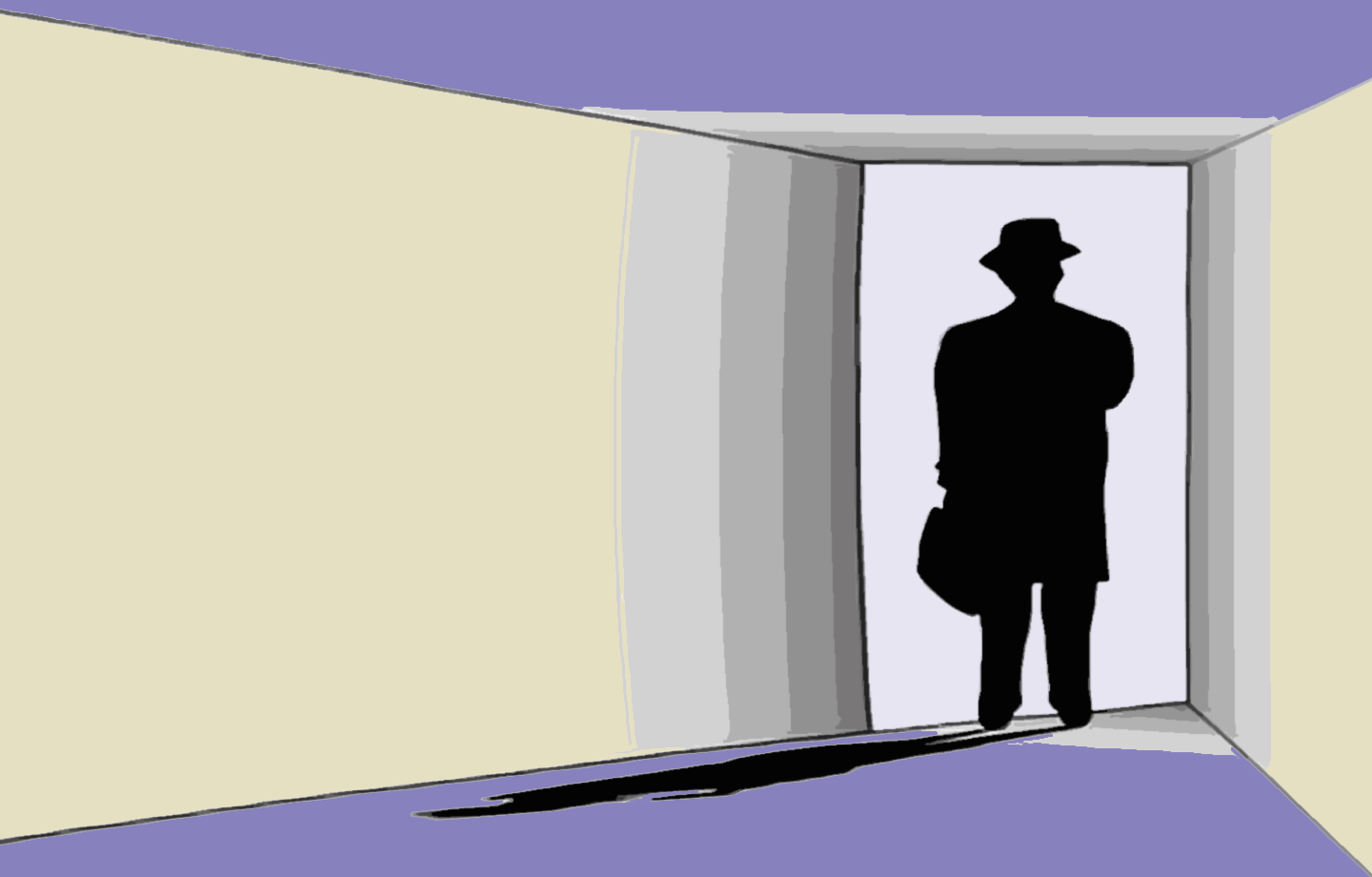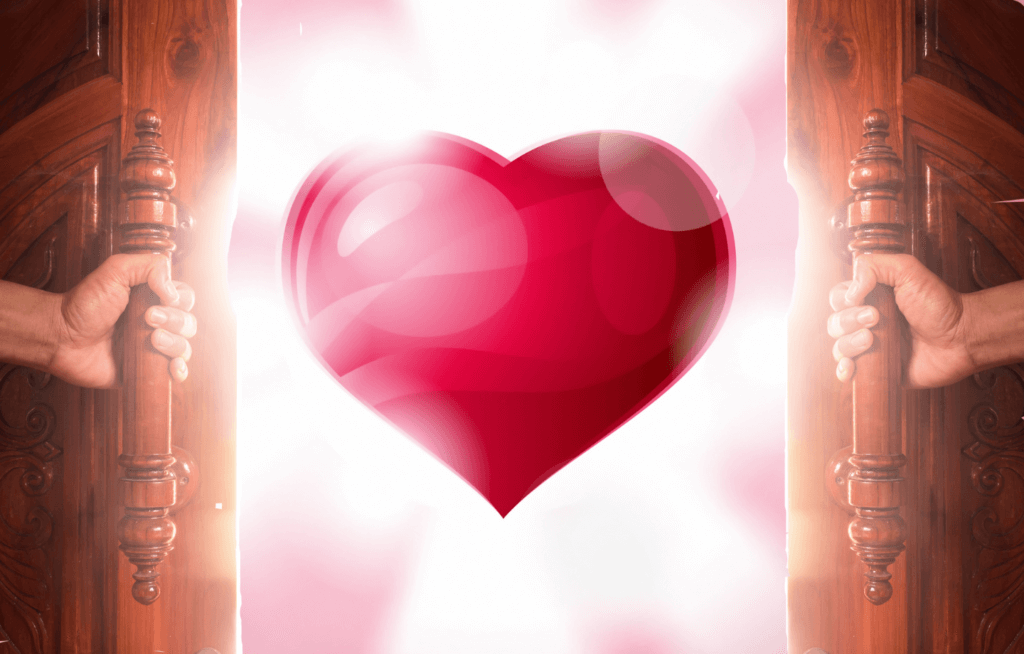
- This event has passed.
Love and Death
Sunday, October 10 @ 10:30 am - 11:30 am


Let me begin this year by reminding everyone that it will be my last among you and that Carol and I will be leaving come June. Which is a good thing. New wine is not to be poured into old wineskins, else the new wine will burst them and ruin the whole project. New wine must be put into new receptacles. Citations from Elisabeth Kubler-Ross, Stephen Levine, Forrest Church, and more. Reverend Furrer will be preaching.
how to attend
• To virtually attend, please Zoom in using room number 989 3107 9078, passcode: chalice.
• To phone into the service, call 669-900-6833, Meeting ID: 989 3107 9078.
For those joining, please mute as soon as you enter the room, so everyone can hear. Please note, the services will be recorded, but at this time, there are no plans to share the recording.
More Information
Religious Education for children and youth begins after the service in person! Registration REQUIRED.
If you don’t have a chalice, but want to light one, check out our Making a Chalice at Home page.
Service is followed by Coffee Hour.
Children’s Story
Sermon Audio
Love and Death
Sermon Text
Of all the things ministers do, attending to the dying is the most fundamental. There are times, nowadays, when one begins to wonder whether ministry is an anachronism: until you get that call late at night that a parishioner has suddenly and unexpectedly died or discover during a hospital visit that the surgery has revealed fatal tumors and that death is nigh. My colleague Forrest Church, Minister of All Souls Unitarian Church in New York City for thirty years, discovered as much a little over ten years ago. Forrest was a good writer, a good colleague, and a good person. His terminal cancer changed none of that, but it did end his life, and quickly at that. As his end approached, he wrote his twenty-somethingth and last book: Love and Death.
He begins by repeating the bromide that all ministers have one good sermon; or that of the thousand some sermons he delivered, on almost as many discrete subjects, each circled back to a single theme: love and death.
Early on he suggests that you’re not really a minister until you’ve done your first funeral; actually, I’d say until you’ve done eight or ten—and until you’ve sat with people who are approaching death, some with equanimity and some with bitterness and fear. It’s an uncanny thing, being with the dying or being in the hospital with parents of a child who has just died. There is not much you can do except just be there. Be willing to be there, unafraid.
The fact is: death is life’s only guarantee. Yet, oddly, people sashay through their days doing what they can to ignore this single primal fact—until a fateful CT scan makes it suddenly all too clear: our days are numbered. Tick-tock-tick-tock: the truth is inescapable: there is no way out alive, for any of us. As my dad used to say, “Everybody dies, Steve; and anyone who says otherwise is trying to sell you something.”
Some religions try to sell tickets to heaven; Unitarian Universalism does not. As a tradition, we are agnostic when it comes to life after death. What is beyond the grave? The answer is unknown by the living and unreported by the dead. Like William Wordsworth, we may have “intimations of immortality,” (I sure do!) but that is all we are permitted: intimations. And even those, to quote St. Paul, are seen “but through a glass darkly.”
Religion is understood by most Unitarian Universalists as Forrest Church defines it: “our human response to the dual reality of being alive and having to die.” He enjoins us “to live in such a way that our lives will prove worth dying for.” His book is filled with suggestions on how to do just that. Philosophers, theologians, and priests have all written and spoken about preparation for death in similar ways: “Do not act as if you had ten thousand years to throw away,” wrote the Stoic Marcus Aurelius. “Death stands at your elbow. Be good for something, while you live, and it is in your power.” In the same vein, Don Juan used to tell Carlos Castaneda repeatedly that Death is just above one’s left shoulder. Consult him; make him an ally—whatever you do, don’t fear Death and thereby turn him into an adversary.
Life and Death, it has always seemed to me, are but two sides of the same coin—the one implies the other and simply cannot be without the other. Consider the burning candles of joy and sorrow which we light virtually every week. Their life is also their death. Just as one cannot know joy without having suffered pain, life is impossible without death; they are a single process. Moreover, until we know and know without a doubt that we’re going to die, we don’t begin to live.
Socrates defined philosophy as “practicing dying.” For him, life was a continuing dance of birth and death: a dance of changes. Each change is like a “little death” and each small death is a living link to “capital ‘D’ death” and so to “capital ‘L’ life.” They are death’s pulses, death’s heartbeats. We become wise in the Socratic sense by embracing life’s little deaths, its constant changes—learning to let go more and more of all the things we cling to and in the process becoming kinder, more generous, more aware, and more whole human beings.
All this is especially poignant in light of my intention to resign as your minister this coming summer. Change always includes loss and loss is usually painful. But if religion teaches us anything, it teaches that loss is not the last or only word, because every ending is also a new beginning. As Forrest writes in his book, “Whenever a trapdoor swings or a roof caves in, don’t ask ‘Why?’ Why will get you nowhere. The only question worth asking is ‘Where do we go from here?’” And part of the answer must be—for each of you my dear friends as part of a worshipping community—together. Together you kneel. Together you walk, holding one another’s hands, holding each other up. It’s by engaging together in love’s work that we are saved.
Love abides always. Whatever the truth is regarding life after death there can be no doubt whatsoever in the reality of love after death. And this includes love after little deaths; it includes the love of mine that stays with you and your love—or that of many of you—that stays with me. Love is not changed by death; nothing is lost and all in the end is a rich harvest.
It is natural, in the face of death, to be overcome with turbulent emotions. Elisabeth Kubler-Ross, Stephen Levine and others have written about the stages of death and dying: denial, outrage, bargaining, guilt, acceptance. And finally, benign acceptance. Of course, these do not all come neatly in order; it’s a big hodgepodge, some more accentuated than others. But come they will. One feeling several of you shared with me last spring is anger. I understand anger; I have been angry myself. But remember what Freud said, that anger is 80% unexpressed grief. The way to burn through your anger—if that is what you are struggling with—is to cry. I know I have, and no doubt will some more before Carol’s and my departure from the Pacific Northwest is complete. What astonishes me, and always has, is the people who choose—who prefer—to dwell in anger rather than let go of it by getting in touch with the losses—often deep, early childhood losses—that fuel their anger and that they project onto others. To what end? God only knows….
I remember the times I have cried with parishioners: with Dave McLaughlin staring into a long, drawn-out divorce; with Brad Peterson when he lost his job at Arthur Anderson Accounting; with Eleanor Newman when the third of her three children died. “Why are you crying,” one of then asked me? Because things break up. Because all we struggle to put together eventually comes apart. Because your grief reminds me of my own. After we’d cried a good long time, I remember telling Dave that the day would come when he’d find himself in someone else’s arms—someone who truly loved him—and be thankful for all he’d been through since it had led him to this new and better place. And I remember five years later officiating at his second wedding when he reminded me, and together we cried again.
Dwelling on the bad things that happen in our lives squeezes out appreciation for the equal number of good things—often the very same events viewed from a slightly different perspective. Elizabeth Kubler-Ross, Stephen Levine, and others have written about what they call a dignified or “good” death: one in which there is no railing against one’s fate—a death without regret, sadness, apprehension, bitterness, or fear. Like a leaf falling naturally off an autumn branch, as though yielding to an inner, mysterious force that takes over when all self-striving ceases. Ingmar Bergman’s 1973 film Cries and Whispers in which two sisters watch over their third sister on her deathbed depicts just such a death. One of the astounding privileges of my ministry over the years has been to witness—to share in—similar deaths, like those of Joe Bolt, Elizabeth ______, and John Pierpont.
I remember as though it were yesterday running into John outside of Kinko’s Copy Center in the late summer of 2001. “How are you?” I asked. “Diagnosed with cancer,” John replied. We talked. He told me that he was not going to do chemo or any other therapy. “I was left for dead twice during World War II,” he explained. “Everything since has been a wonderful bonus: a loving marriage, a good career, five great kids…. I have had a wonderful life; more than anyone could ask for. And I have seen too many people spend the last year or two of their lives suffering through chemo in a futile, painful effort to stave off the inevitable. Not for me.” John Pierpont exemplified Forrest Church’s mantra for mental and spiritual health: Want what you have; do what you can; be who you are. “In each of our lives,” Forrest writes,
Not only will some rain fall, but fires will burn, the ground will shake, and one day, life itself will be exacted in payment for the gift of life bestowed. By wanting what we have, doing what we can, and being who we are, our cup will forever be half full, not half empty. Do these same things with reverence, humbled by awe, and our cup runneth over. (Love & Death, p. 112)
Left for dead in the mountains of northern Italy, John Pierpont knew—and never forgot—that every moment of his life thereafter was a gift. That whatever misfortunes befell he and Edie (and they had their share), all paled compared to the miracle of having been born in the first place and having been allowed to survive and to thrive into adulthood. Having lived with death and made it his ally, John was not afraid to embrace the numerous little deaths of change that made up his life—that make up all our lives if we’re willing to embrace them and thereby live our lives, and make our lives, worth dying for.
Freedom is a great thing, if we use it. And to be a good, healthy minister—it seems to me—one must be free. Free enough not to fear change, but to embrace it always. As a young minister in Danbury, Connecticut thirty-five+ years ago, I had the privilege of getting to know the wise and kindly Emeritus Rabbi at the Reform Temple there, Jerome Molino. He had been in Danbury since the early 1930s and knew all my predecessors, a couple of whom had been close friends. “If you are not almost losing your job,” he told me at our first meeting, “you’re not really doing it. If you expect to stand in the tradition of Harry Adams Hersey, Leon Simonetti, and the other great Universalist ministers who served here before you, you must do your job just as fearlessly. Shake things up. Make changes happen. Demand that your members act as if they are a community of faith and not a club. Ministry can be a pretty cushy, undemanding job if you don’t take it seriously. I challenge you,” said the old rabbi, “to take it very seriously. Then it will never be cushy…and always real and you’ll always be making a genuine difference in people’s lives.”
I close with the words of the naturalist, John Muir:
The rugged old Norsemen spoke of death as Helmgang—homegoing. So the snow-flowers go home when they melt and flow to the sea, and the rock-ferns, after unrolling their fronds to the light and beautifying the rocks, roll them up close again in the autumn and blend with the soil. Myriads of rejoicing living creatures, daily, hourly, perhaps every moment sink into death’s arms, dust to dust, spirit to spirit—waited on, watched over, noticed only by their Maker, each arriving at its own Heaven-dealt destiny. All the merry dwellers of the trees and streams, the myriad swarms of the air, called into life by the sunbeam of a summer morning, go home through death, wings folded perhaps in the last red rays of sunset of the day they were first tried. Trees towering in the sky, braving storms of centuries, flowers turning faces to the light for a single day or hour, having enjoyed their share of life’s feast—all alike pass on and away under the law of death and love. Yet all are our brothers and they enjoy life as we do, share Heaven’s blessings with us, die and are buried in hallowed ground, come with us out of eternity and return into eternity. Our lives, [quoting Shakespeare,] are rounded with a sleep.”
May blessings abound. And amen.
More Videos



